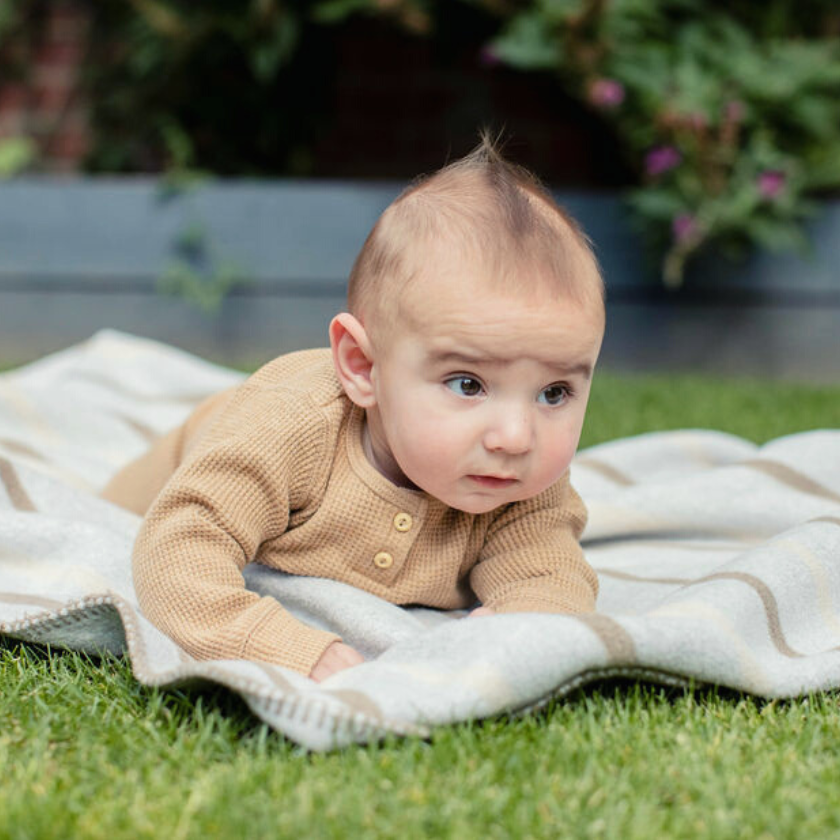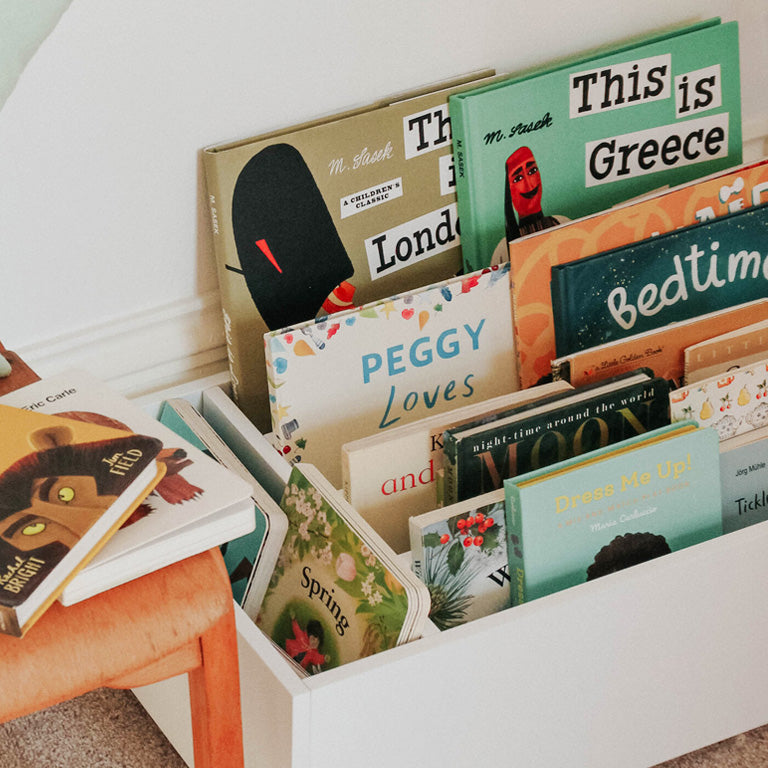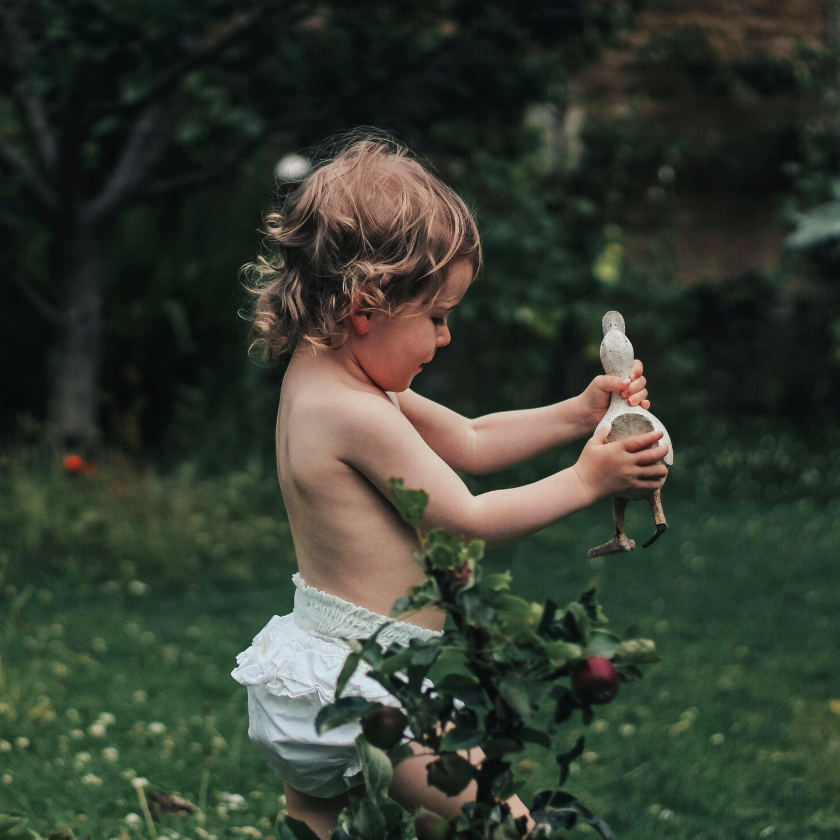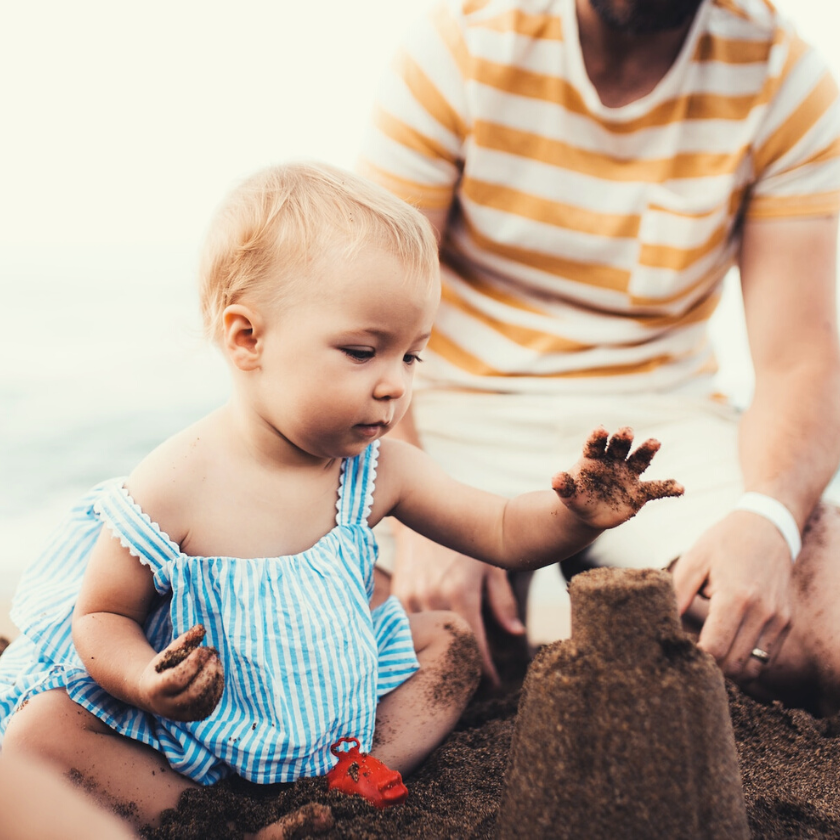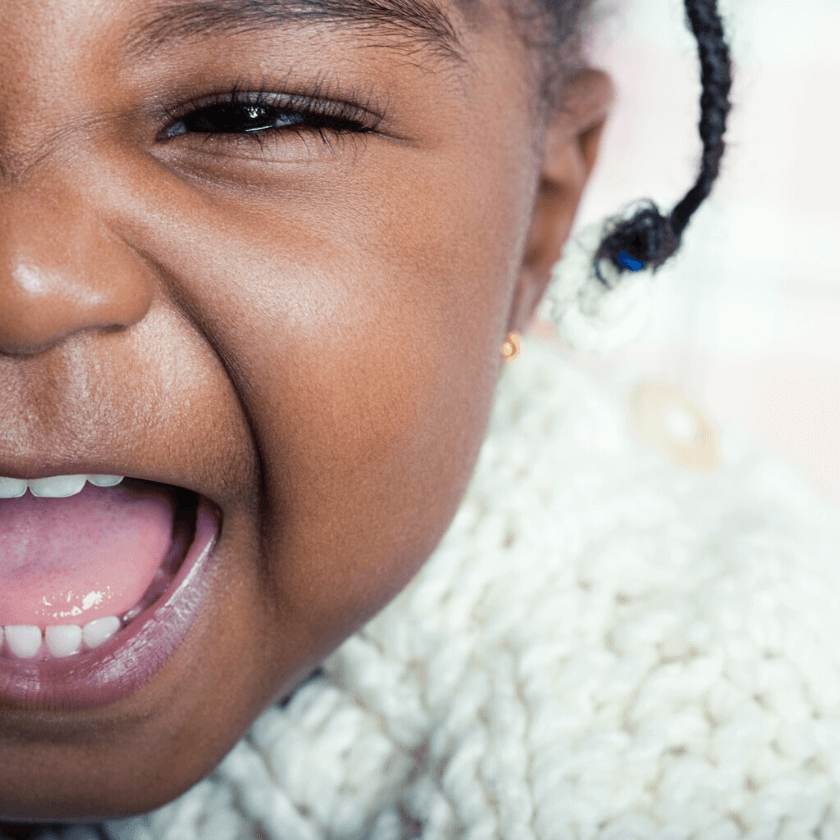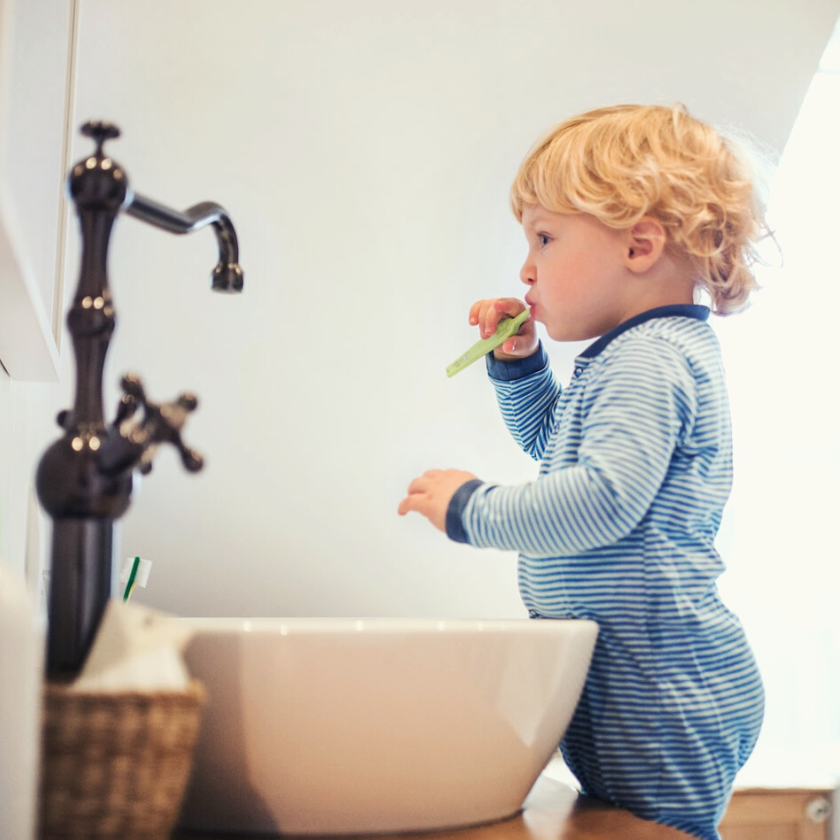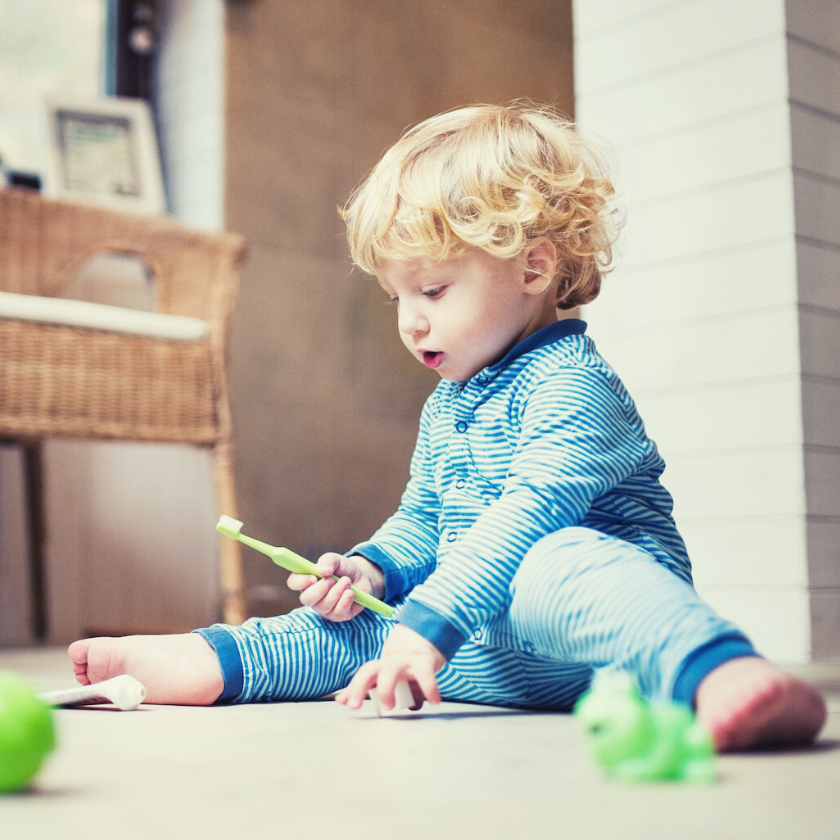Wellbeing
Empathy
for children
By Georgina Rodgers
Why is empathy an important skill to teach our children?
We all know that the best way to make the world a better place is through teaching our children to be kind. However, teaching our children empathy – the ability to put themselves in someone else’s shoes – is equally as important to build emotionally intelligent youngsters who are resilient and compassionate.
What is empathy?
Empathy is the skill of recognising and sharing another person’s feelings. The key to this is imagining themselves in someone else’s place to understand exactly what they are going through. Empathy will help our children build stronger relationships with other children and adults. It also promotes good mental health, builds stronger communities and these benefits will follow your children into adulthood.
Dr. Robin Banerjee, Head of Psychology at the University of Sussex, says: “If you are interested in how you can foster children’s well-being and resilience, there is good evidence that empathy should be a key priority.”
When children are very young, they are naturally very egocentric and focus on their own needs. However, as they start to grow up developing a sense of empathy is important. According to research, empathy is a teachable skill, and 98 per cent of people can improve their empathy skills at any point leading to huge benefits.
Miranda McKearney, OBE, Founder of EmpathyLab, the first organisation to build’s children’s empathy, literacy, and social activism through reading, says: “Empathy as a life skill, not at all a fluffy, nice-to-have thing. If you think about it, being able to see other people’s perspectives and understand their feelings is crucial for making friends, bringing up children, being a good employee, and making a contribution to society.”
1. Read More
One of the best ways to teach children empathy is through reading. McKearney adds: “There are three different parts to empathy – feelings, thinking, and acting. Children do the feeling part early, and naturally – through gentle discussion, we can help then recognise they are experiencing others’ feelings, and help them build a vocabulary for emotions, so they can describe, recognise and share feelings.”
As children start to grow, as parents and carers we can support children use reason and imagination to try to work out how someone might be thinking and feeling, and why.
“Using books is a wonderfully safe, proven way to do this – through experiencing characters’ feelings they can learn about other lives and perspectives.”
2. Encourage Play
Other proven ways of empathy-building include playing with dolls and other role play. Very recent research in 2022 found that children talked more about others’ thoughts and emotions when playing with dolls than playing tablet games. This allows them to practise social skills they can use when interacting with people in the real world.
“When children create imaginary worlds and role play with dolls, they communicate at first out loud and then internalise the message about others’ thoughts, emotions and feelings,” says Dr. Sarah Gerson, a neuroscientist at Cardiff University and the lead author. “This can have positive long-lasting effects on children, such as driving higher rates of social and emotional processing and building social skills like empathy that can become internalised to build and form lifelong habits.”
3. Model it
Once of the best ways we can encourage our children to be more empathetic is through modelling kind behaviour ourselves. This includes listening and not interrupting, repeating back what our kids have said to us, and discussing situations where behaviour by others has not been sensitive. Ask questions, so you guide your children.
Encouraging our children to be empathetic as well as kind will have positive effects on them all round; from personal happiness and growth to more positive relationships with others. It leads to kindness, reduces conflict, and create connections.
For family packs of simple and fun empathy-building activities from EmpathyLab, see here.
About the Author
Georgina Rodgers regularly writes for parenting and lifestyle titles. Her books include Peace of Mind: A Book of Calm for Busy Mums. She is also a mum of two daughters.
You might like...
Need a good read, while you feed?
Stay in the loop on all things Nannycare with our newsletter



